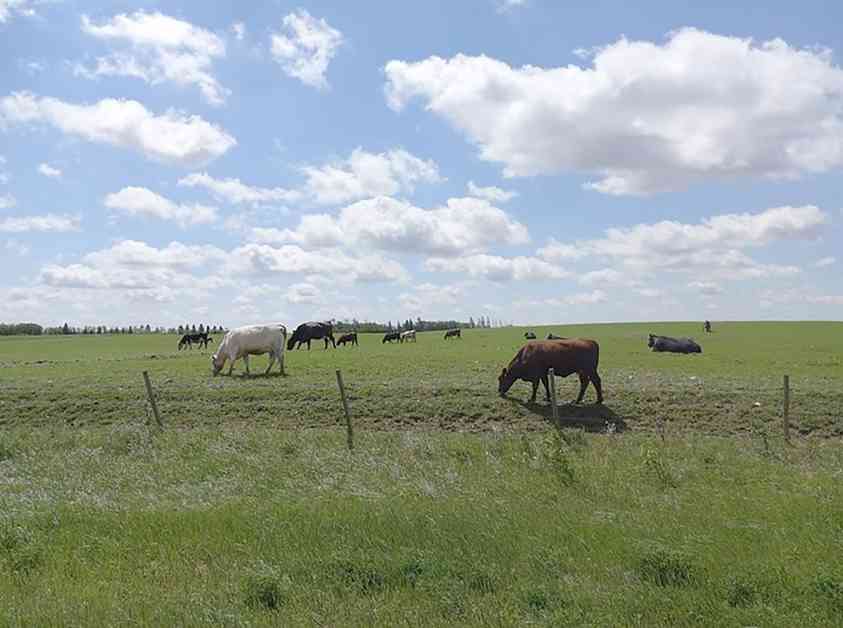The email came out of the blue, catching me off guard on a regular Thursday afternoon in May. A journalist wanted to interview me, an astronomer, about a farmer who had discovered space junk while preparing his fields for planting, just an hour away from where I live in Saskatchewan. I was skeptical at first, thinking the chances of something like this happening so close to home were slim. But a quick check of the news confirmed the story. The farmer, Barry Sawchuk, had found what appeared to be debris from a SpaceX spacecraft on his farm.
I reached out to my colleague Jonathan McDowell, an astronomer at the Center for Astrophysics | Harvard & Smithsonian, who provided me with information on the path of the SpaceX Crew Dragon trunk that had reentered over Canada. As someone who studies the impact of SpaceX’s activities on the environment, I was already concerned about the company’s rapid expansion of its Starlink satellite constellation. The increase in launches and reentries is not only contributing to light pollution in the sky but also causing atmospheric pollution that could have global consequences.
When I spoke to Sawchuk, he expressed his frustration with SpaceX for allowing their debris to land on his farm. He had tried to bring attention to the issue through the media, but the response was minimal. As I delved into the legal aspects of the situation, I discovered that there was little guidance on what individuals should do if they find hazardous space garbage on their property. The existing space treaties only hold governments accountable for damage caused by objects launched into orbit from their countries.
The process of holding SpaceX accountable for the debris on Sawchuk’s farm was convoluted and lacked clear guidelines. Despite international laws dictating the return of space debris to its country of origin, SpaceX contacted Sawchuk directly to arrange for the retrieval of the debris. This bypassed the formal procedures outlined in space law and raised concerns about the company’s accountability.
As the day of debris retrieval approached, I joined Sawchuk and the media at his farm to witness the exchange. The SpaceX representatives were hesitant and uncommunicative, loading the debris into a truck without providing much information. The situation highlighted the lack of clarity and oversight in dealing with space debris incidents involving private companies like SpaceX.
The aftermath of the space junk incident left me contemplating the potential risks of uncontrolled reentries and the need for stricter regulations to address the growing issue of space debris. The incident near my home served as a stark warning of the dangers posed by the increasing number of satellites in orbit. To prevent future disasters, governments and companies must take action to mitigate the risks associated with space debris and prioritize the safety of individuals on Earth.
The experience reinforced the urgent need for international collaboration and updated regulations to address the challenges posed by commercial space activities. As we navigate the complexities of a rapidly changing space environment, it is crucial to prioritize safety and environmental protection to ensure a sustainable future in space.






